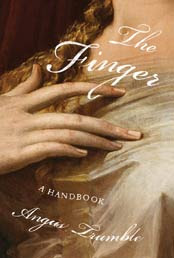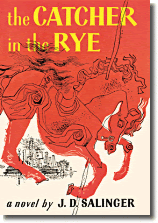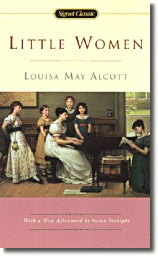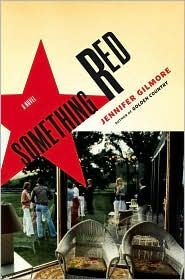
About the book, from the publisher:
The careers of New York City detective Simon Ziele and his former partner Captain Declan Mulvaney went in remarkably different directions after the tragic death of Ziele’s fiancée in the 1904 General Slocum ferry disaster. Although both men were earmarked for much bigger things, Ziele moved to Dobson, a small town north of the city, to escape the violence, and Mulvaney buried himself even deeper, agreeing to head up the precinct in the most crime-ridden area in the city.Learn more about the book and author at Stefanie Pintoff's website.
Yet with all of the detectives and resources at Mulvaney’s disposal, a particularly puzzling crime compels him to look for someone he can trust absolutely. When a chorus girl is found dead on a Broadway stage dressed in the leading lady’s costume, there are no signs of violence, no cuts, no bruises—no marks at all. If pressed, the coroner would call it a suicide, but then that would make her the second girl to turn up dead in such a manner in the last few weeks. And the news of a possible serial killer would be potentially disastrous to the burgeoning theater world, not to mention the citizens of New York.
Following on the heels of Stefanie Pintoff’s acclaimed and award-winning debut, A Curtain Falls is a moody and evocative tale that follows Ziele and his partners as they scour the dark streets of early-twentieth-century New York in search of a true fiend.
Stefanie Pintoff's debut novel, In the Shadow of Gotham, won the Edgar® Award for Best First Novel and the St. Martin’s Press / Mystery Writers of America Best First Crime Novel Award, while also earning nominations for the Agatha and RT Reviewer’s Choice Awards.
The Page 69 Test: In the Shadow of Gotham.
The Page 69 Test: A Curtain Falls.
--Marshal Zeringue


























